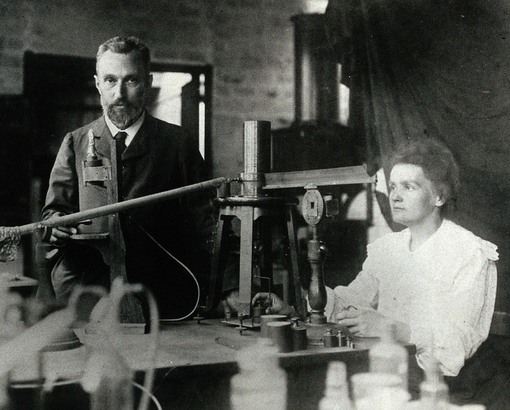Germany’s first female full professor
Margarete von Wrangell
She was a baroness and later even a princess. However, she became famous as Germany’s first female full professor with her own chair and staff. In 1923, Margarete von Wrangell was appointed to the University of Hohenheim, which was then still called the Agricultural College.
How did Margarete von Wrangell make it to the top of her own chair at the newly founded Plant Nutrition Institute?
A 6-part film series shows what made her so unique.
First film with historical footage
An usual appointement
Margarete von Wrangell’s exciting and extraordinary vita
„I lived with the plants. I put my ear to the ground and it seemed to me that the plants were happy to tell something about the secrets of growth“.
Margarete von Wrangell
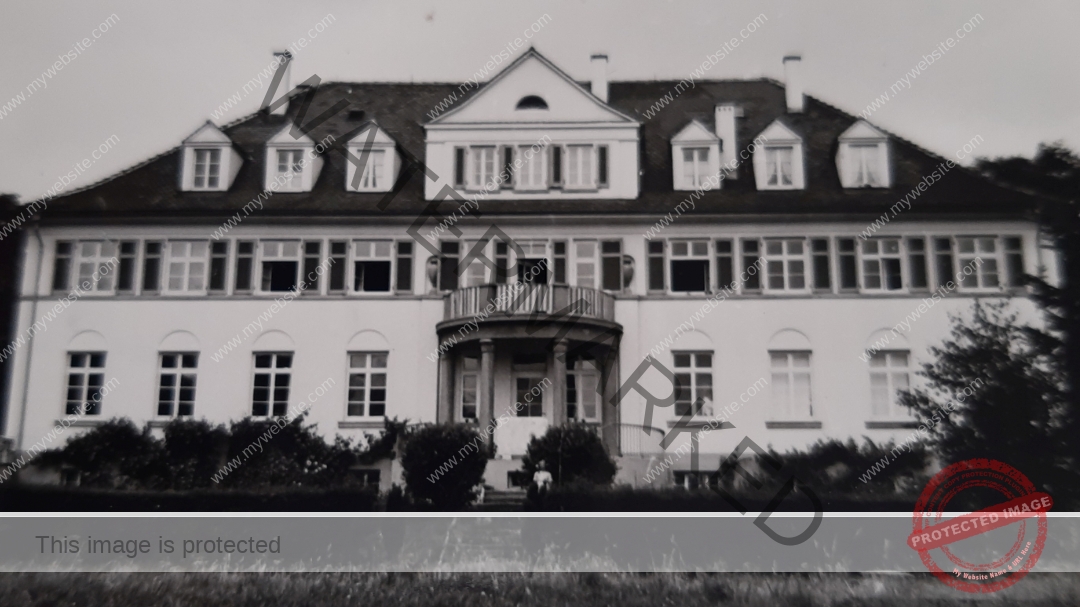
From increasing yields to adating to climate change
The history of the Plant Nutrition Institute
When the Plant Nutrition Institute was founded after World War I, crops were scarce and fertilizers too. That changed after the German economic miracle.
How the research at the institute changed over time and what focuses the institute directors set after Margarete von Wrangell are highlighted in the text about the history of the institute. It also features words from the youngest daughter of Professor Maiwald, the direct successor to Margarete von Wrangell.
Research at the Plant Nutrition Institute 100 years later
How Margarete von Wrangell’s Phosphorus Research Relates to the Vision of Sustainable Agriculture
Professor Uwe Ludewig is one of the direct successors of Margarete von Wrangell and serves as the director of the current Institute for Crop Science. His focus is on the nutritional physiology of plants, investigating the quantity and composition of nutrients that plants require for optimal growth.
In the interview, he shares his retrospective evaluation of Margarete von Wrangell’s research results and his vision for the future of agriculture.
Events in the anniversary year 2023
100 years after the first female professor
The anniversary year kicked off with a ceremony on March 27, 2023, at the University of Hohenheim Palace. The anniversary celebration honored the life and work of science pioneer Margarete von Wrangell as well as her groundbreaking research that is still relevant today.
The greetings of the Federal Minister of Education and Research Bettina Stark-Watzinger, MdB, can be seen in the video.
27
March
Launch Event
The first female professor in Germany
100th anniversary
University of Hohenheim, in the castle: 4-6 p.m.
The anniversary celebration honored the life and work of the scientific pioneer Margarete von Wrangell as well as her groundbreaking research, which is still relevant today, and made a connection to the present
25
September
Annual Conference of the German Society of Plant Nutrition (DGP)
Lecture in memory of Margarete von Wrangell
University of Hohenheim, at Euroforum: 8 p.m.
As part of the annual conference of the DGP from September 25 to 27, Prof. Uwe Ludewig will give a lecture on Margarete von Wrangell with the topic “Plant nutrition in the past and now” (in German)
26
September
Annual Conference of the German Society of Plant Nutrition (DGP)
Margarete von Wrangell memory morning session
University of Hohenheim, in the castle: 9 a.m.
Also as part of the DGP annual conference Sept. 25-27, scientific presentations on phosphorus research will be held Tuesday from 9 a.m. to 11:30 a.m.
The Wrangell Fellowship
How Baden-Württemberg is increasing the number of female professors
In 1997, the state government wondered how more female scientists could be qualified for a professorship. Thus, the Margarete von Wrangell Program was launched. Since then, the Baden-Württemberg Ministry of Science, Research and the Arts has announced the Fellowship every year.
Since the program’s inception, many female scientists have received funding. Who are the fellows and what is the program all about?
Dr. Dagmar Höppel answers these questions in an interview.
Female scientists in Interview
Portraits of Wrangell Fellows
What does the scientific career path of female professors look like today? What role does the Wrangell Fellowship play in this? These are just two of the questions answered by Wrangell Fellows from the University of Hohenheim.
All of them have embarked on a scientific career path – however, under very different conditions than Margarete von Wrangell. Nevertheless, they also had to face challenges and hurdles.
What they experienced 100 years after Margarete von Wrangell, the role mentors played for them, and what was crucial for their academic career are highlighted in the interviews in text and videos.
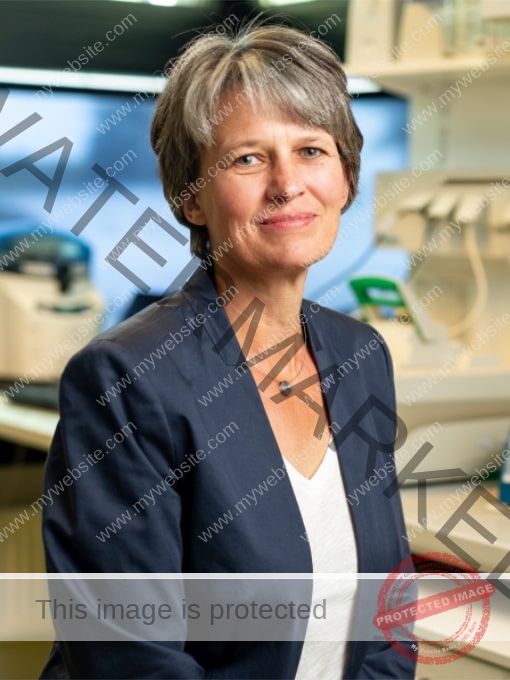
Professor Annette Reineke
Professor Annette Reineke studied agricultural sciences and is one of the first graduates of the Wrangell Fellowship. Since 2006, she has been heading the Institute for Phytomedicine at the Geisenheim University.
She shares her journey to becoming a professor of plant protection in viticulture and horticulture in text and video.
Professor Lucia A. Reisch
Professor Lucia A. Reisch is an economist and deals, among other things, with sustainable consumption. She shares her journey to becoming the El-Erian Professor of Behavioural Economics and Policy at the prestigious University of Cambridge in text and video.
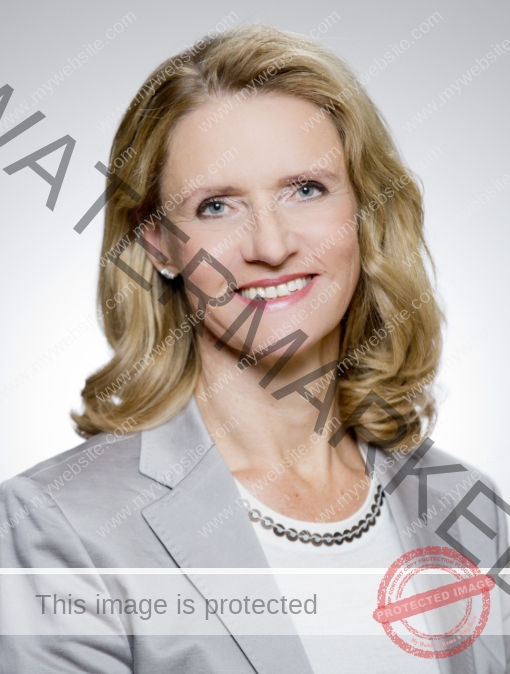
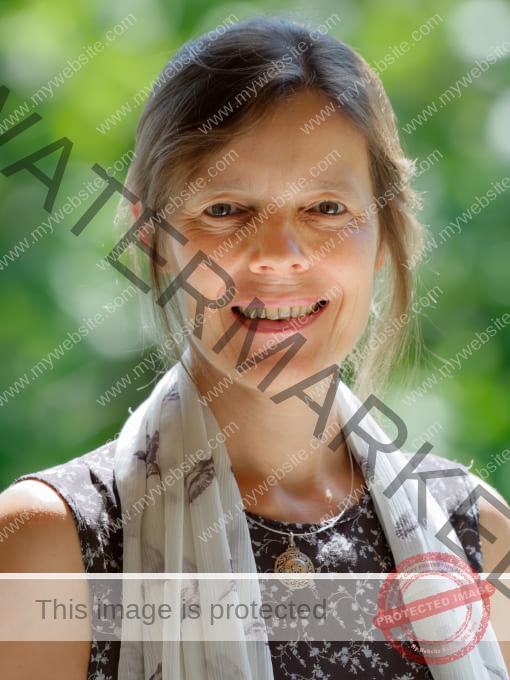
Professor Stefanie Lemke
Professor Stefanie Lemke worked as a nutrition consultant for several years before embarking on an academic career.
In the interview, she talks about how a research trip to South Africa changed her view of the world, and a current video shows her work as a professor at the Institute for Development Research at the University of Natural Resources and Life Sciences (BOKU) in Vienna.
Private Lecturer Dr. Kerstin Feistel
Private Lecturer Dr. Kerstin Feistel is a developmental biologist who returned to the University of Hohenheim after completing her doctorate in the USA. She shares in video and text what fascinates her most about embryonic development and how scientific career and family can be reconciled.
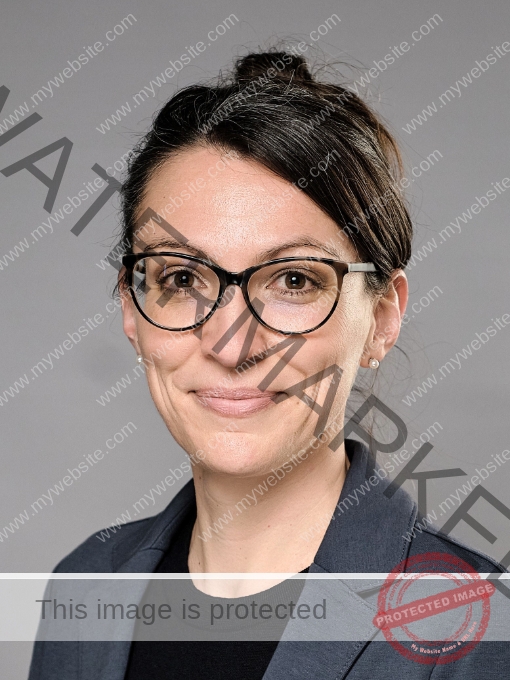
Fellow Amélia Camarinah da Silva
Amélia Camarinha da Silva is from Portugal and is one of the youngest Wrangell Fellows. After her studies as an environmental engineer in Porto, she completed her doctorate at the Helmholtz Centre for Infection Research in Braunschweig and has been a junior research group leader at the Institute for Animal Sciences at the University of Hohenheim since 2014.
She shares her journey to a junior professorship in the video.
Woman in science
Why there are still too few female professors
For some years now, more female students have been studying at German universities than male students. Yet only one in four professorships is held by a woman. Why is that?
Although there were women conducting scientific research early on, such as Maria Kunitz (astronomer, 1610-1664), Maria Sibylla Merian (entomologist, 1647-1717) or Laura Bassi in Italy (physicist & natural philosopher, first female university professor in Europe in 1732), they were banned from most academies.
How did women gradually gain access to universities that had been dominated by men for centuries?
What were the key factors in not only succeeding as women scholars, but also rising to the ranks of leadership?
And what about equality in our universities today?
Nobel Prize winner Marie Curie physicist & chemist, 1867-1934) with her husband Pierre in the laboratory
Qualification levels at german universities
How the proportion of women has changed
Full-time professorship
Habilitation
Promotion
- 2005 14%
- 2015 22%
- 2021 27%
- 2005 23%
- 2015 28%
- 2021 34%
- 2005 39%
- 2015 45%
- 2021 46%
Qualification levels at german universities
How the proportion of women has changed
Full-time professorship
- 2005 14%
- 2015 22%
- 2021 27%
Habilitation
- 2005 23%
- 2015 28%
- 2021 34%
Promotion
- 2005 39%
- 2015 45%
- 2021 46%
Universities in the Wrangell Program
Gender equality and equal opportunity
When it comes to equal opportunities for women, a lot has been done at Baden-Württemberg’s universities. The universities offer a variety of formats and support programs to help young female scientists on their way to a professorship.
Hohenheim

Tübingen
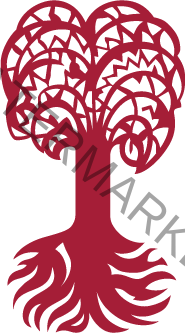
Stuttgart

Heidelberg
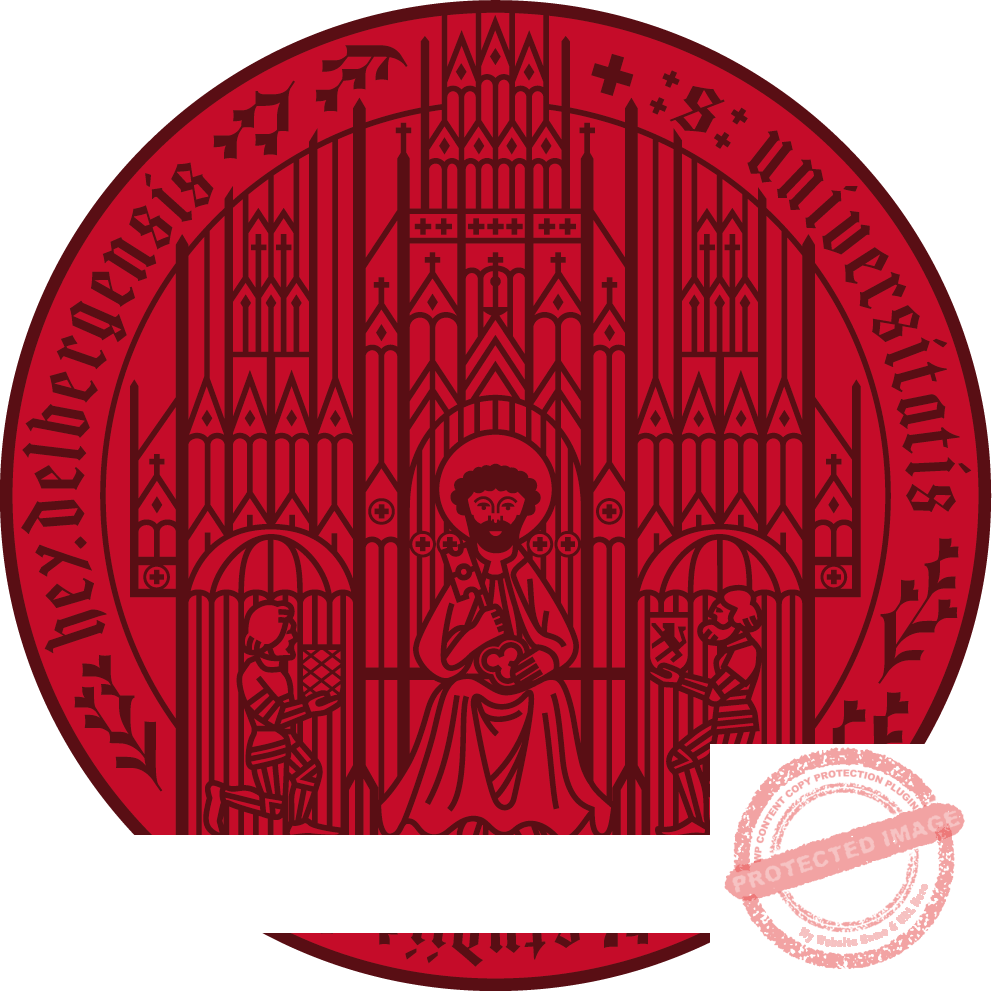
Konstanz

Ulm

Freiburg
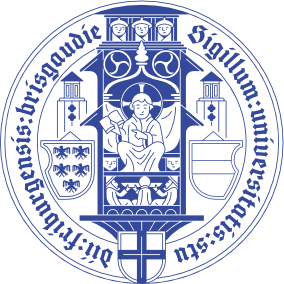
Karlsruhe

Mannheim

Co-organizer of the anniversary year
A collaborative project
The Baden-Württemberg Ministry of Science, Research and the Arts, the State Conference of Equal Opportunity Officers at Baden-Württemberg’s scientific universities (LaKoG) and the Association of Baden-Württemberg Women Scientists (VBWW) have been supporting young female scientists with various offers for years. For the anniversary year, some events have been announced.
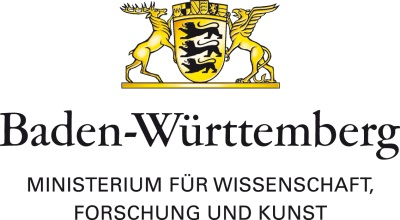
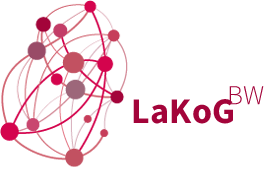

Questions about the jubilee year?
Write us an email to wrangell@uni-hohenheim.de


